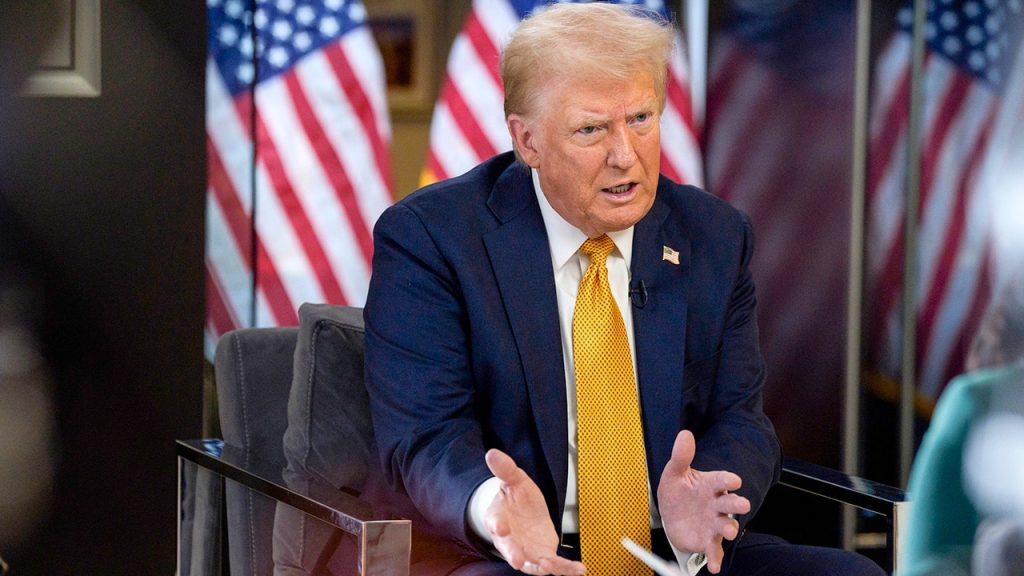The Paris Agreement and the Pendulum of US Participation
The Paris Agreement, a landmark international accord forged in 2015, stands as a testament to global cooperation on climate change. Nearly 195 parties, including the United States initially under President Obama, committed to legally binding efforts to mitigate the looming threat of a warming planet. However, the US relationship with the agreement has been tumultuous, marked by withdrawals and re-entries depending on the occupying administration. This back-and-forth not only impacts domestic climate policy but reverberates through international relations, influencing global climate action and undermining trust among nations.
Trump’s First Withdrawal and Biden’s Reinstatement
Donald Trump, during his first presidency, signaled his intent to withdraw the US from the Paris Agreement, viewing it as detrimental to American interests. However, the treaty’s stipulations, specifically Article 28, mandated a three-year period before a party could officially withdraw. Consequently, the US remained a party to the agreement until late 2020, when the withdrawal finally took effect. Upon assuming office in 2021, President Joe Biden swiftly reversed this decision, rejoining the agreement and reaffirming the US commitment to global climate action.
A Potential Second Withdrawal and its Implications
As Donald Trump contemplates a potential second term, the prospect of another US withdrawal from the Paris Agreement looms large. This time, the withdrawal process could be expedited, considering the precedent set by Biden’s swift re-entry. Such a move would likely further fracture international trust, potentially emboldening other nations hesitant to prioritize climate action to follow suit. Argentina, under its libertarian president, is already reportedly considering withdrawal, highlighting the contagious nature of such decisions. Experts warn that repeated US departures erode the credibility of its commitments and hinder the collective effort required to address the climate crisis effectively.
Arguments For and Against Withdrawal
Proponents of a US withdrawal, such as H. Sterling Burnett of the Heartland Institute, argue that it reclaims US sovereignty and removes the burden of costly emission reductions that they perceive as unnecessary and disadvantageous to the American economy, particularly in competition with China. They also suggest requiring Senate approval for future re-entry, creating a significant hurdle for subsequent administrations. Conversely, opponents highlight the crucial role of the US in global climate leadership and the importance of maintaining its commitment to the Paris Agreement for its survival and effectiveness. They warn that withdrawing could cripple the agreement and undermine the collective effort to limit global warming.
Beyond the Paris Agreement: The UNFCCC and the Future of Climate Action
The debate extends beyond the Paris Agreement to encompass the broader United Nations Framework Convention on Climate Change (UNFCCC), the foundational treaty established in 1992 to address climate change. Some, like Mandy Gunasekara, former EPA chief of staff during Trump’s first term, advocate for withdrawing from both the Paris Agreement and the UNFCCC, seeking a more permanent detachment from what they view as detrimental international agreements. This raises the stakes even further, potentially isolating the US from the global climate conversation and hindering international cooperation.
The Stakes for the Paris Agreement and Global Climate Action
The future of the Paris Agreement and the global fight against climate change hang in the balance. The US, as a major emitter and a key player in international affairs, holds significant sway over the success of these efforts. While proponents of withdrawal emphasize national sovereignty and economic concerns, opponents warn of the dire consequences of a fractured global response to the climate crisis. The UN Secretary-General, António Guterres, has stressed the importance of US participation, emphasizing that while the agreement can survive without the US, its effectiveness would be severely compromised. The world awaits the decisions of the incoming administration, recognizing that the future of the planet hangs in the balance.

